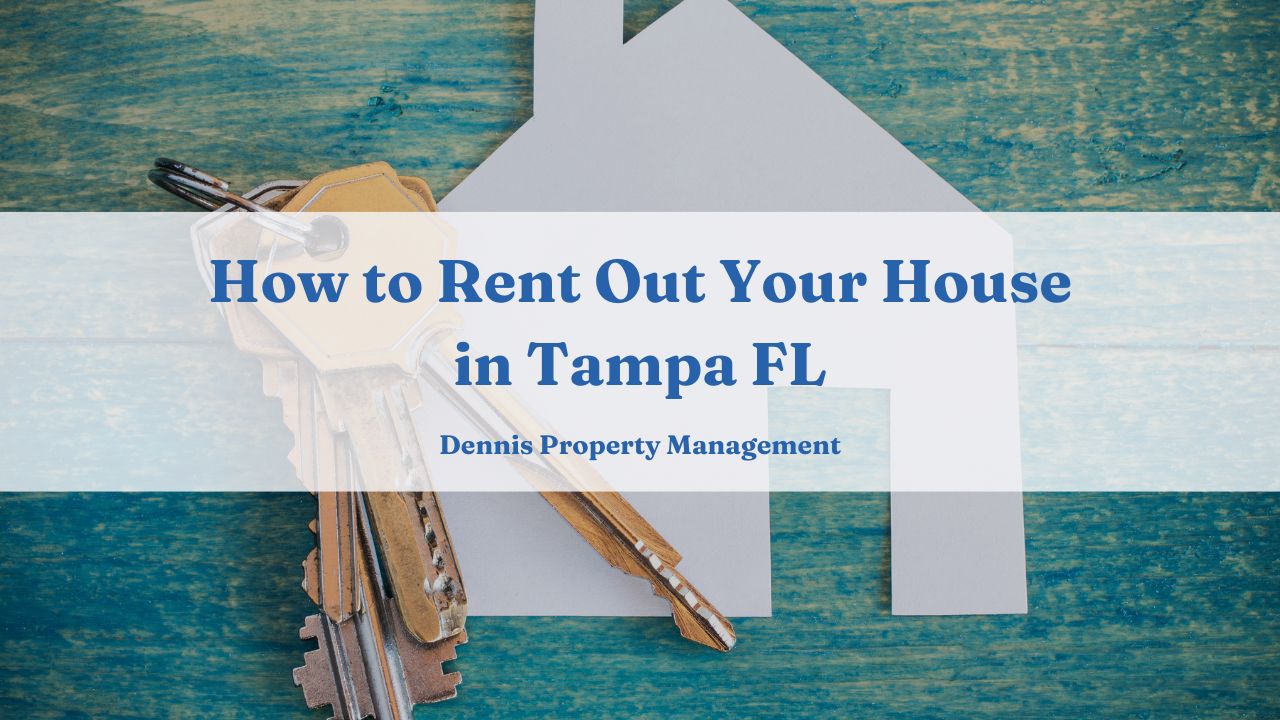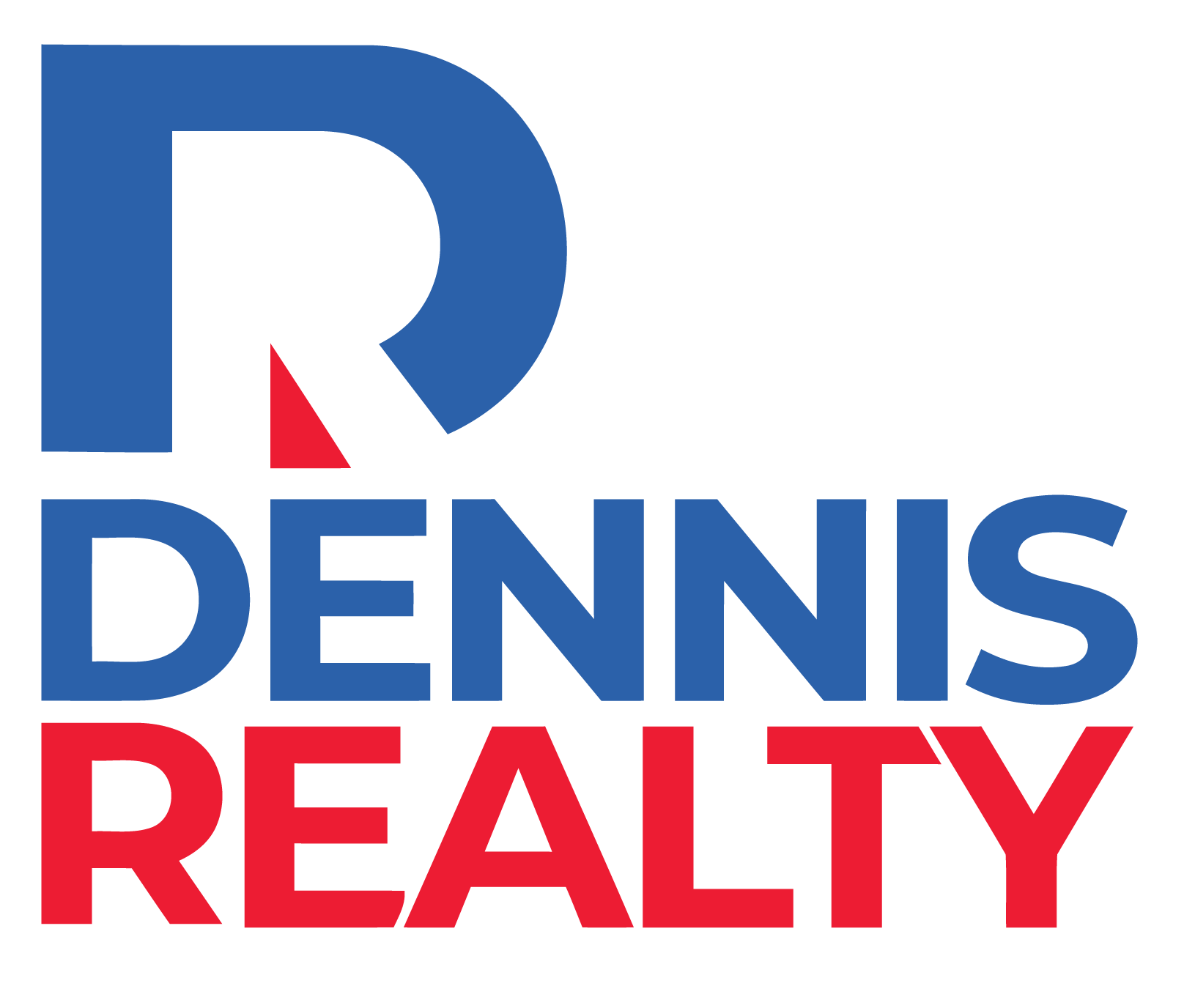
Investing in the Tampa real estate market can be a surefire way to achieve financial freedom. Rental properties allow investors to earn a steady cash flow every month, while also benefiting from real estate appreciation. This means that you can earn a passive rental income while also growing your wealth and equity over the long term.
Whether you’re planning to purchase a rental property or rent out a home you already own, there are many things you should keep in mind when allowing tenants into your Tampa house. This article will help you with the home rental process.
1. Familiarize Yourself with Landlord-Tenant Laws
Although Florida is considered a landlord-friendly state, familiarizing yourself with the local landlord-tenant law is a must. This will help a landlord keep their investment protected and avoid problems such as fees and legal disputes. Here’s a list of the most important things you should know about the legal aspect of renting out your house in Tampa:
Building Codes and Safety
Properties must comply with building, health, and safety codes. This includes ensuring that the investment property is structurally sound and that it has running water, working HVAC systems, and smoke detectors.

Property Repairs
After receiving written notice from tenants, rental property owners are required to make repairs within a maximum of seven days. If the landlord fails to address repairs promptly, a tenant can sue for a court order to force them to make repairs or file for early lease termination.
Evicting Renters
Landlords can’t evict renters without a valid reason. The only valid reasons for evicting a tenant in Florida are nonpayment of rent, violation of the lease, and expiration of the lease.
Security Deposits and Rent
There is no set limit to how much landlords can charge for rent or security deposit. Additionally, landlords can raise rent by any amount and as often as they choose, as long as they give a tenant proper notice beforehand.
Fair Housing
The Florida Fair Housing Act prohibits landlords from discriminating against a tenant based on their race, color, national origin, sex, familial status, religion, or disabilities.
2. Get Your Property Ready
Before creating a listing, a landlord must ensure that their Tampa home is in good condition. The landlord can significantly improve the look and feel of their rental property simply by deep cleaning it, making any needed repairs, and doing cosmetic upgrades such as painting the walls, installing new fixtures, and landscaping. To further improve the condition of your rental home, you should consider investing in renovations.

3. Price Your Property Appropriately
Setting an appropriate price for your Tampa house is crucial for the long-term success of your investment. Charging too much for rent can drive a prospective tenant away, leaving a landlord with long periods of vacancies. On the other hand, charging too little can put you in financial difficulties.
Before listing the Tampa home for rent, a landlord must conduct thorough market research. By seeing what other similar rental properties in your area are charging for rent, you can set competitive rental ways that will attract more potential tenants.
4. Invest in Rental Property Marketing
Even if your Tampa house has the most amazing features, you won’t be able to attract a tenant unless you actively advertise your rental. Investing time and effort into marketing your rental can go a long way. By creating an online listing, hosting open houses, creating social media ads, and using word-of-mouth references, you will be able to attract a wide pool of prospective tenants in no time.
5. Thoroughly Screen Tenants
Having to deal with property damage, missed payments, and legal disputes cannot only be annoying but can also affect your finances. Luckily, you can weed out unsuitable renters by thoroughly screening all potential renters to your Tampa rental.
An effective tenant screening process should include a background, employment status, and credit check. Additionally, you must contact any references provided and double-check the prospective tenant’s rental history.

6. Draft a Solid Lease Agreement
Even with a thorough tenant screening process in place, you need to create a solid lease agreement for your Tampa rental property. A good rental agreement keeps your investment protected from liabilities and helps improve the relationship with your tenant. When drafting your lease, make sure to:
- Clearly outline all terms, responsibilities, and obligations of both parties.
- Specify the rent amount, due dates, acceptable payment methods, and consequences for late payments.
- Define tenants’ responsibilities for upkeep, repairs, and maintenance tasks.
- Clarify which utilities or services are included in the rent and any limits or additional charges.
- State the amount of the security deposit, conditions for its return, and deductions allowed.
- Outline rules regarding pets, smoking, subletting, and any related fees or restrictions.
- Include procedures for lease termination, renewal options, and notice periods.
- Ensure the agreement complies with local landlord-tenant laws and regulations.
- Review the lease agreement with the tenant to ensure they understand it before signing.
7. Partner with a Seasoned Property Manager
Tampa, FL landlords must be available 24/7 to address tenant complaints, handle maintenance requests, and solve tenants’ inquiries. If you don’t have the availability or would rather have a more hands-off approach to owning a rental, you should consider partnering with a seasoned management company.

These companies are equipped to handle the day-to-day operations of your rental. This includes marketing your house, dealing with renters, taking care of upkeep, and collecting rent.
Bottom Line
Investing in a rental property can be a great way to ensure financial freedom. However, you have to put in the work for it to pay off. This includes ensuring that your unit complies with local laws and regulations, keeping it in good condition, investing in professional management, screening tenants, and drafting a solid lease agreement.
Do you need help managing your Tampa rental? Contact Dennis Property Management today!















